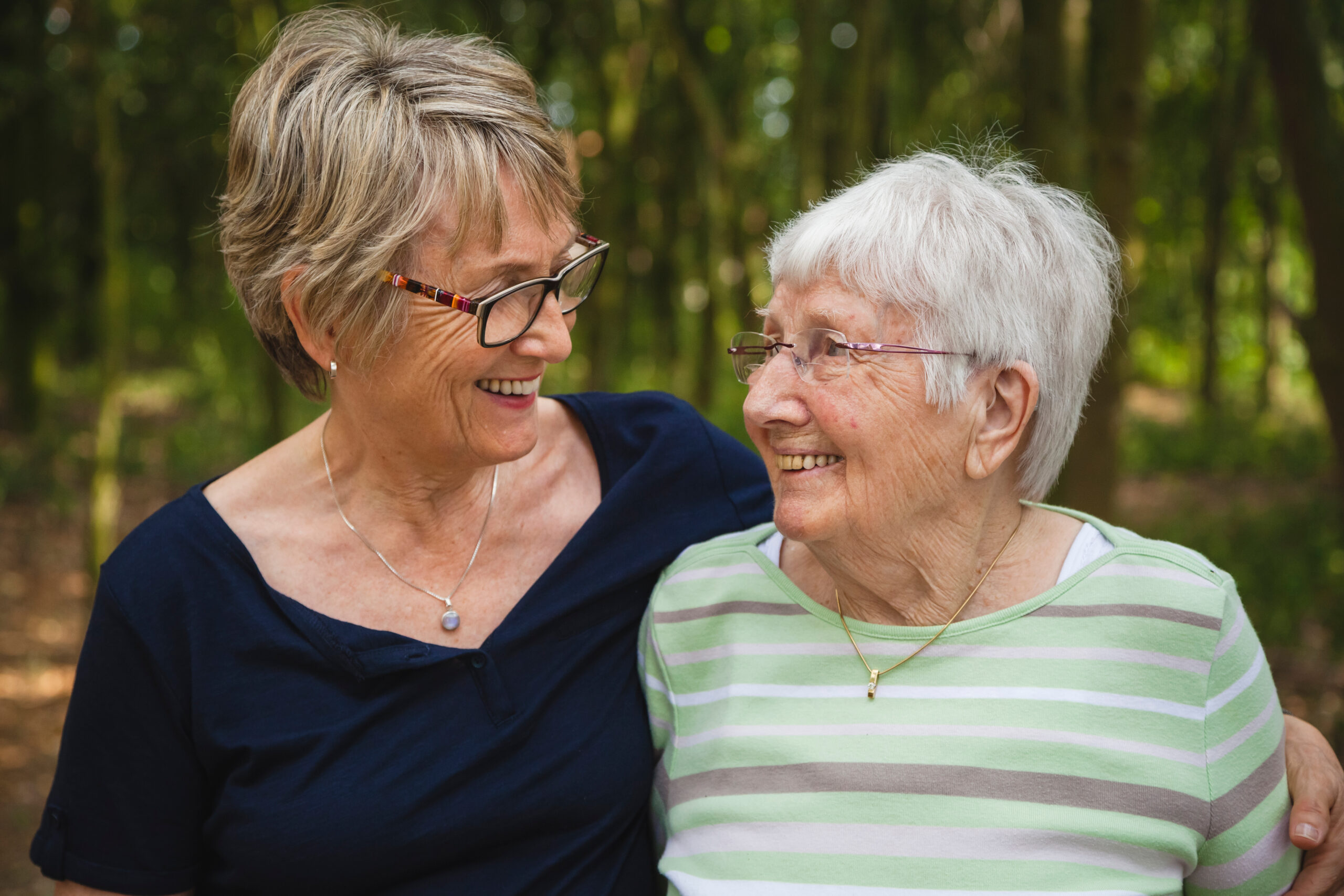How do I support my patient during group activities in a community setting?
Supporting Patients in Group Activities: A Guide for Community Settings
When it comes to supporting patients in group activities within a community setting, it’s essential to create an environment that fosters inclusivity, respect, and understanding. Here are some practical tips to help you achieve this:
## Understanding the Importance of Group Activities
Group activities are vital for patients as they provide a sense of belonging and community. These activities can range from social gatherings to educational workshops, and they play a crucial role in enhancing mental and emotional well-being. By participating in group activities, patients can share experiences, learn from others, and develop coping strategies.
## Promoting Independence and Involvement
Encourage patients to participate actively in group activities by allowing them to make choices and take control of their actions. This could be as simple as letting them decide what game to play or what topic to discuss. Promoting independence helps build confidence and self-esteem, which are essential for overall well-being.
## Focusing on Abilities
Rather than focusing on what patients can’t do, emphasize their strengths and abilities. This approach helps maintain their dignity and encourages them to contribute positively to the group. By highlighting what they can achieve, you create a supportive environment where everyone feels valued.
## Providing Emotional Support
Emotional support is crucial in group settings. Be available to listen and offer reassurance when needed. Sometimes, simply being present and showing empathy can make a significant difference. Encourage patients to express their feelings and thoughts, and validate their experiences to help them feel understood.
## Encouraging Social Interaction
Social interaction is key to reducing feelings of loneliness and isolation. Encourage patients to engage with each other through group activities, such as team games or discussions. This not only helps build relationships but also fosters a sense of community and belonging.
## Respecting Individuality
Each patient has unique preferences, beliefs, and values. Respect these differences by incorporating personalized elements into group activities. For example, if a patient has a favorite hobby, try to include it in the activity. This approach helps patients feel appreciated and understood.
## Creating a Dementia-Friendly Environment
For patients with dementia, it’s important to create a supportive environment that is easy to navigate. Use visual aids, simplify instructions, and provide a calm atmosphere. Encourage them to participate in activities that stimulate their senses, such as music or art sessions.
## Conclusion
Supporting patients in group activities requires a thoughtful and inclusive approach. By promoting independence, focusing on abilities, providing emotional support, encouraging social interaction, respecting individuality, and creating a supportive environment, you can help patients thrive in community settings. Remember, every patient is unique, and tailoring your support to meet their individual needs is crucial for their well-being.





